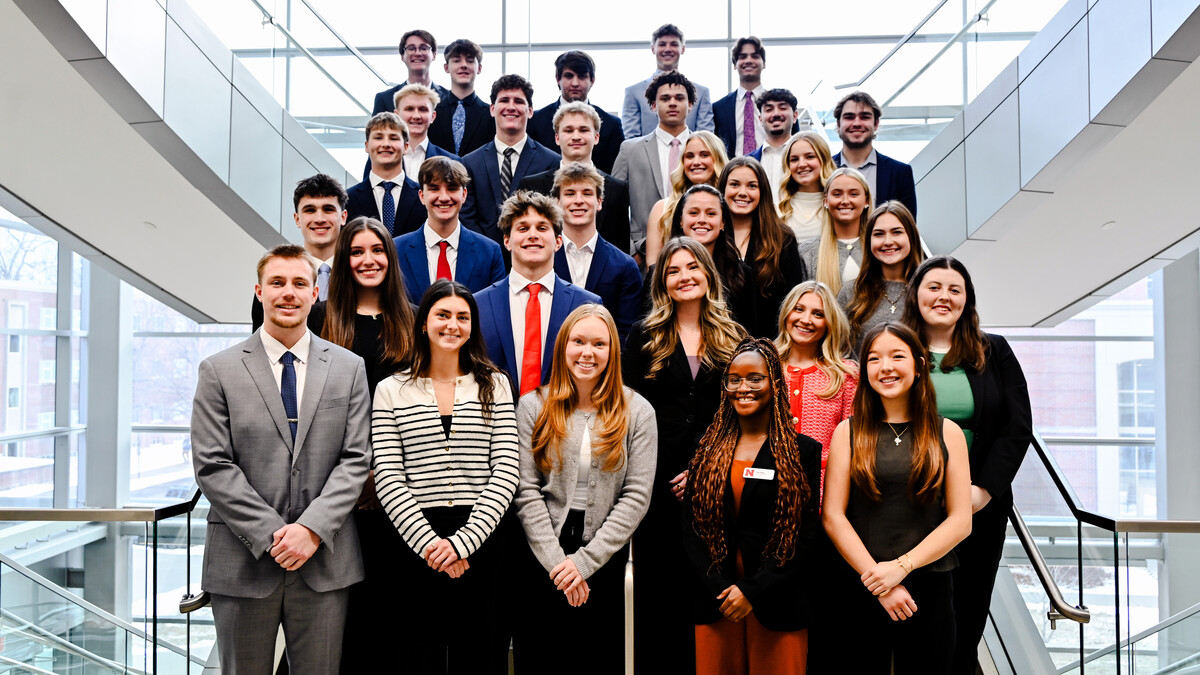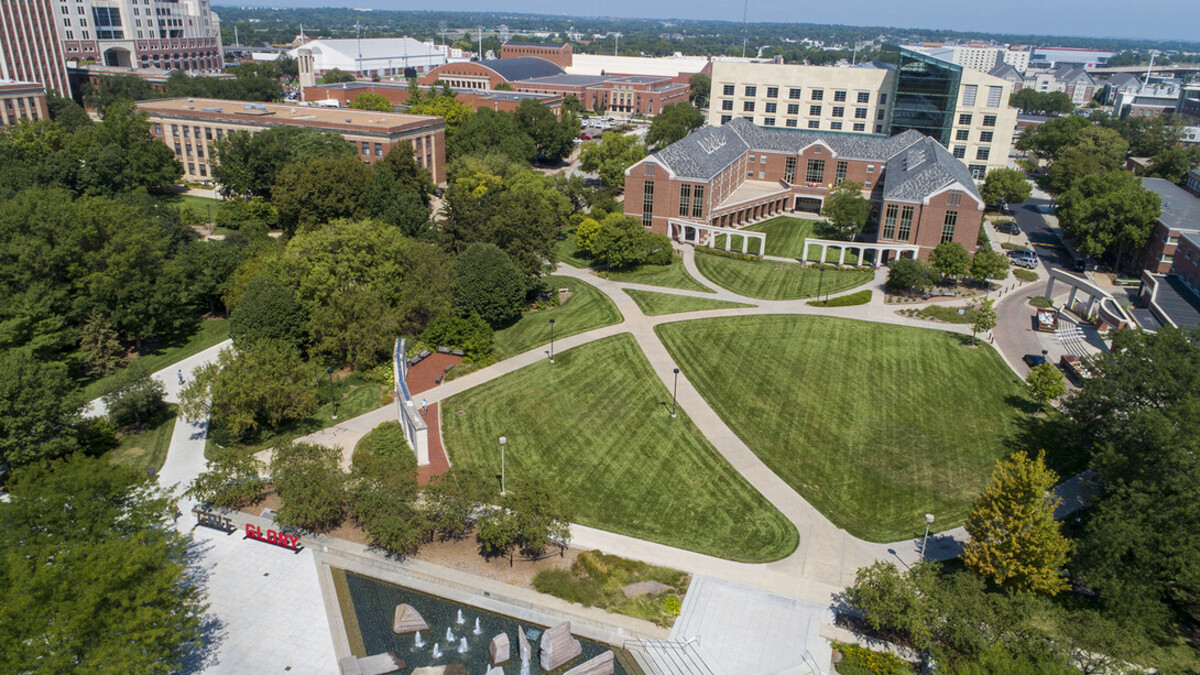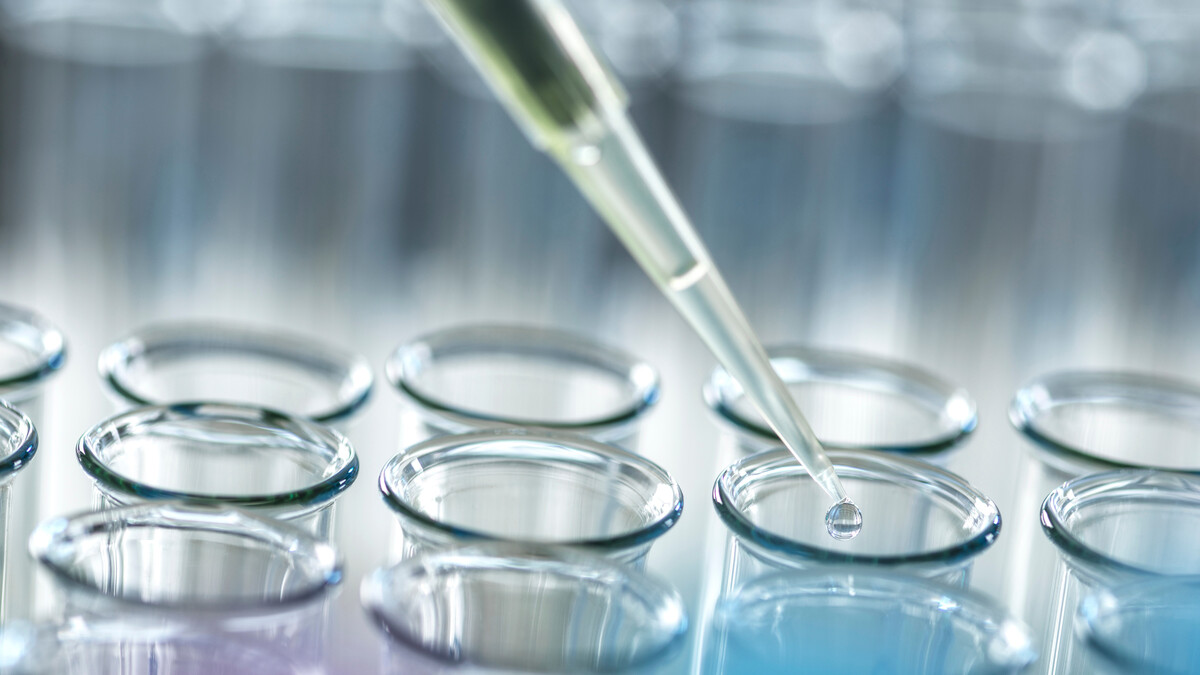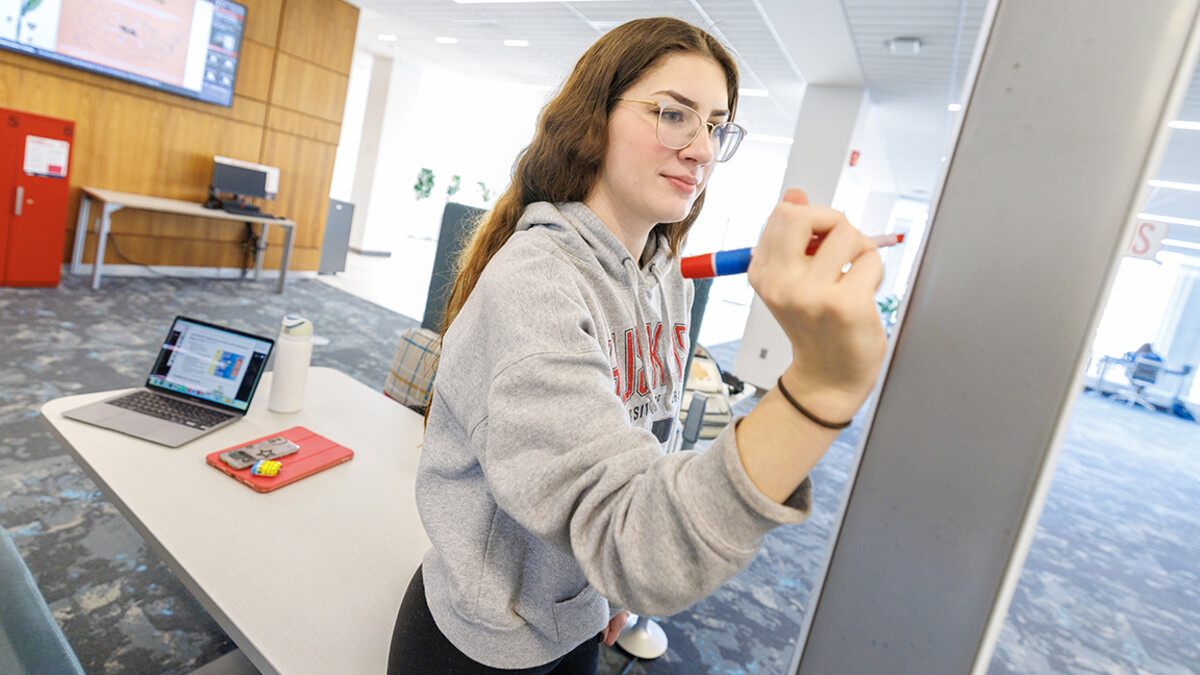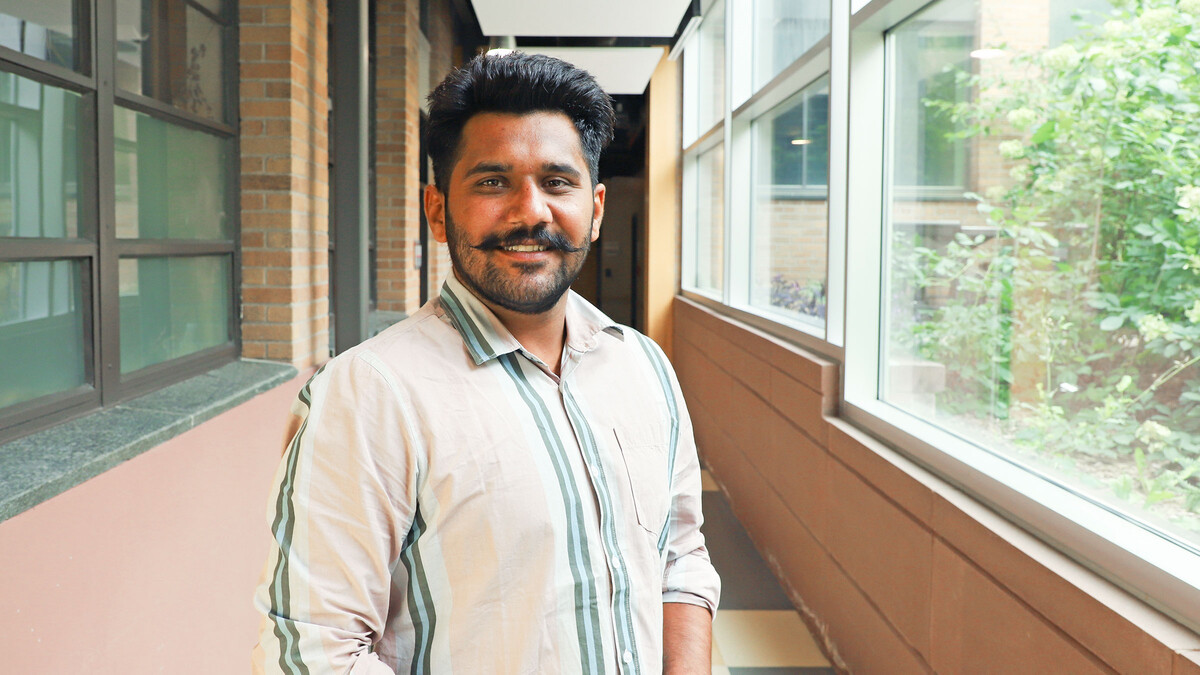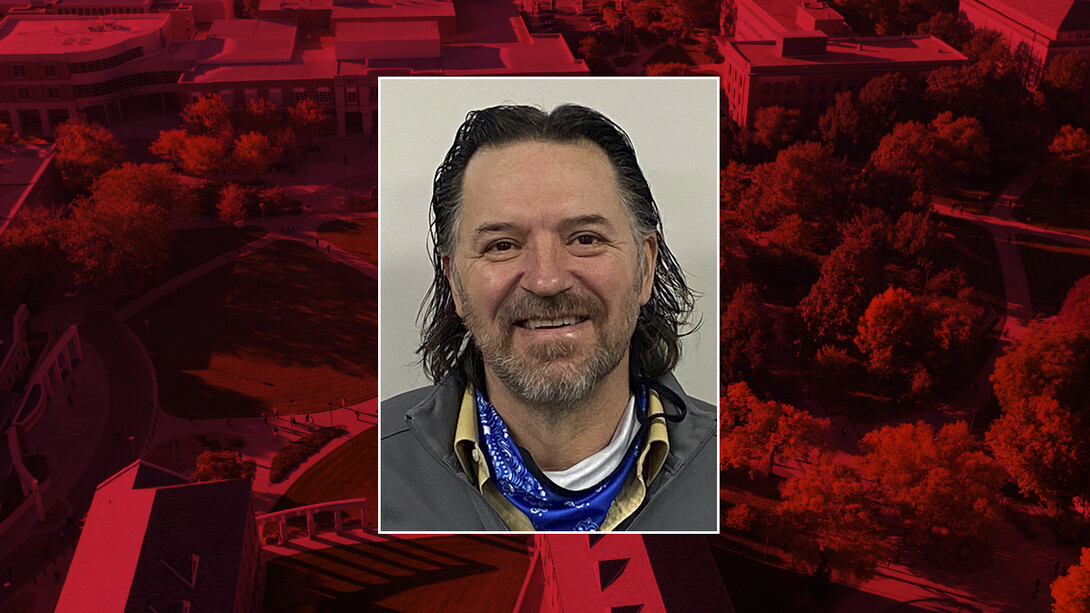
The symptoms started off innocently enough — a slight headache one day, a fever the next.
Just one week later, Jim Jackson was in the hospital, fighting for his life against viral pneumonia brought on by COVID-19.
“It was just a really, really sobering experience,” said Jackson, who serves as Nebraska’s associate vice chancellor of University Operations. “The takeaway for me was that life is valuable, and it can come and go very quickly.”
Jackson spent a total of five days in the hospital last November, experiencing what one doctor called a “miraculous recovery.” Now back at work, he’s sharing his story to bring awareness to the seriousness of the virus.
“Not everybody has a positive story and outcome,” he said. “I’m super lucky.”
Jackson’s symptoms began on Nov. 19. He received a positive COVID-19 test on Nov. 25, and by the evening of Nov. 26, he was experiencing chills and body aches so intense that he could hardly sleep.
“I felt like I got hit by a truck,” Jackson said. “I got to the point where my body hurt so bad — my feet, legs, torso and everything — that it was hard to even cover up with a sheet.”
Throughout the week, Jackson never came down with a cough, sneeze or runny nose. The only indication he had that something was wrong with his respiratory system came from a pulse oximeter, a small device that fits on the finger and measures oxygen flow, which he used every day.
“I checked my oxygen levels, and they were dipping into the lower 80s to unsafe levels. So, early Friday morning, I decided to check myself into the emergency room,” Jackson said.
In the emergency room, scans revealed that Jackson’s lungs were filled with viral pneumonia.
With no pre-existing conditions, doctors told him he was simultaneously one of the “sickest and healthiest” people they’d seen.
“They basically made the comment that my lungs looked like I had abused them for over 50 years,” Jackson said.
Jackson believes the oximeter was the key to saving his life, as it alerted him to visit the hospital in time to be treated. He encourages anyone concerned about COVID-19 to purchase one.
“I still have not experienced any respiratory symptoms,” he said. “That was the trigger that sent me in.”
That evening, Jackson was moved from two liters of oxygen to 10 as his condition quickly worsened.
“It was recommended that I stay awake as much as I could and not doze off, because they were doing their best to not put me on a ventilator,” Jackson said.
After making it through the night, Jackson received an antibody blood transfusion and various steroids over the course of the next several days.
He was discharged from the hospital Dec. 1 — but his road to recovery is far from over.
Currently on blood thinners, Jackson has frequent checkups with his ER doctor, primary care doctor and a pulmonologist. His motor skills, short-term memory and vision have been affected, and he lost 35 pounds during his stay.
“My son, who played football for the Huskers, told me: ‘Dad, it’s a lot more fun putting the weight back on than it is taking it off,’” Jackson said with a laugh.
He expressed deep gratitude for the doctors and nurses who worked round-the-clock to treat him.
“The caregivers were just amazing. When I was on the mend, a lot of them would come and chart in my room, and we would talk about family, COVID and things like that,” Jackson said.
The support of the university has been vital in his recovery, Jackson said. Had he been concerned about missing work, he might have decided to forgo a hospital stay, which could have led to a much worse outcome.
“The one thing that I didn’t have to worry about during that time was losing my job. My focus was on getting healthy and getting better, which was really critical,” Jackson said.
“I’m so fortunate to be able to come back to this environment and be welcomed back and continue right where I left off. To have the university leaders and the team that reports to me take care of everything that needed to happen when I was gone — it’s just an amazing place to work.”
